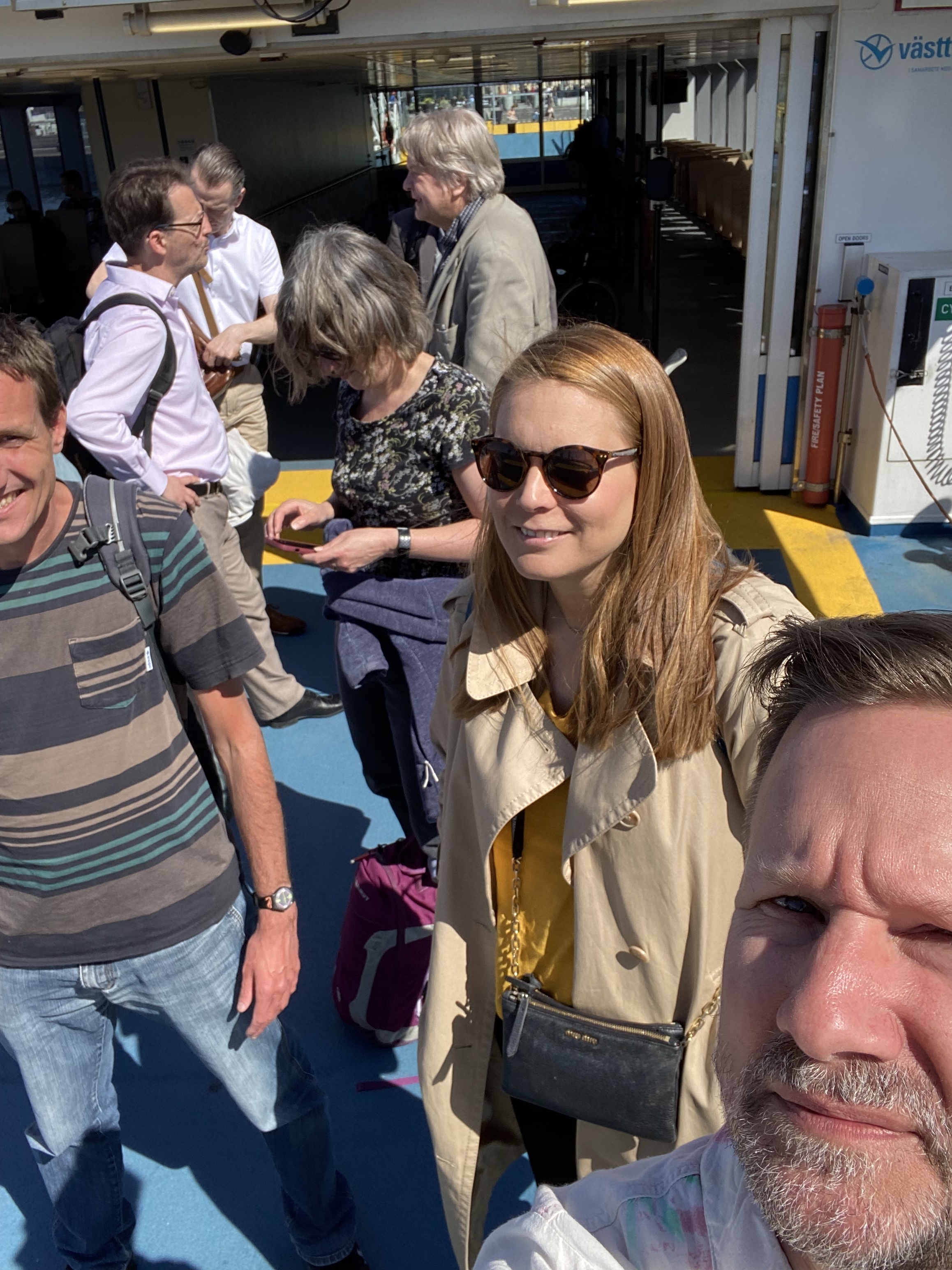Ecosystems of learning for urban sustainability transformations (TRANS-LEARN)
In recent years, a large number of urban experiments and small-scale live innovation projects have been performed in cities around the globe. Their purpose has been to enhance our understanding of how a broad urban sustainability transformation might take shape.
Underpinning these attempts at achieving concrete alterations of urban structures and behaviors is the idea that they will function as opportunities for learning. That is: for generating practical knowledge about what works, and not, in the quest for more sustainable urban developments.
The task of generating and spreading knowledge generate in such exemplary projects today often rests upon learning intermediaries. These are organizations that work across administrative scales and borders to build networks of learning relations between different types of societal actors.
Even though the idea of learning is central to much work aiming to facilitate urban sustainability transformations, there is actually not very much research done on how such learning actually takes place, or how the learning intermediaries go about their concrete work. What we however do know about learning processes is that they are incredibly complex, and that it is therefore risky to simply assume that learning will take place automatically.
To really understand how learning takes place in these types of contexts and processes, it is therefore crucial to study the practices and ways of organizing that can generate preconditions for an efficient learning process. We simply need to understand how we can learn to learn better in the quest for more sustainable urban futures.
Consequently, the purpose of the TRANSLEARN project is to investigate how the ecosystems of learning in sustainable urban development – that is: the dynamic and interdependent learning processes and learning environments – can be enhanced. This will be an important contribution to boost the capacity for urban sustainability transformations.
Running time: 2021-09-01 – 2025-08-31
Project manager: Professor Jonathan Metzger
Academic partners
Amanda Winter & Jonas Bylund, KTH (Department of Urban Planning and Environment)
Sara Brorström, Gothenburg University (School of Business, Economics and Law)
Andrew Karvonen, LU (Department of Architecture and Built Environment)
Practice partners
National Board of Housing, Building and Planning
the Gothenburg Region
IQS
Swedish Association of Local Authorities and Regions
Viable Cities
VINNOVA
International Advisory Board
Martin de Jong, Erasmus University (Rotterdam School of Management)
Anique Hommels, Maastricht University (Science, Technology and Society Studies)
Paula Kivimaa, Finnish Environment Institute
Meike Levin-Keitel, TU Dortmund University (Department of Spatial Planning)
Raine Mäntysalo, Aalto University (Department of Built Environment)
Marc Wolfram, Leibniz Institute of Ecological Urban and Regional Development
News
Andy, Sara, and Jonas will be at this event next week (24 May 2023): URBAN ARENA TALK AND ROUNDTABLE DISCUSSION ’Learning: the missing link between urban experimentation and transformation’, talk by Professor James Evans, University of Manchester
TRANS-LEARN International Advisory Board Meeting Gothenburg 2023
The project's board of internationally renowned (and non-Swedish) scholars to advice on progress and plans ahead met with us in Gothenburg, 9–11 May 2023. Thought-provoking conversations on learning, urban transformations, ecosystem configurations, etc. were held. as well as chats with local researchers and a field-trip to the municipal RiverCity development company.

AAG Annual Meeting 2023
For those of you who happen to participate in the AAG Annual Meeting 2023 in Denver, USA, 23–27 March, you might find the TRANS-LEARN relevant sessions we organised interesting:
Catalysing Sustainable Urban Transformations: Emerging Modes of Knowledge Production and Creative Intervention 1
Catalysing Sustainable Urban Transformations: Emerging Modes of Knowledge Production and Creative Intervention 2
Vilka ”lärande ekosystem” finns för att skapa hållbara städer?
Onsdag 14 december 2022
Räcker det att lära av misstag och hoppas att goda exempel sprider sig, eller behövs hårdare lagstiftning och regleringar för att uppnå hållbara samhällen? Jonathan Metzger pratar om TRANS-LEARN.
Länk till seminariet finns här: CMB Prakademi